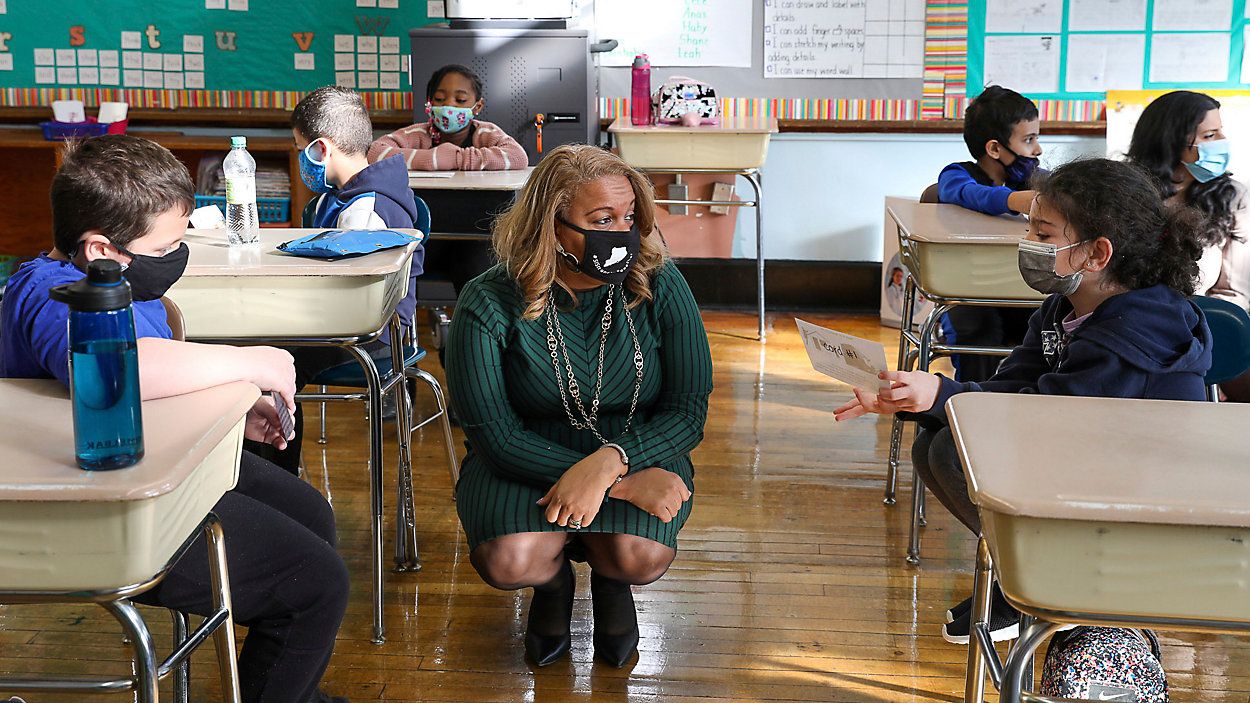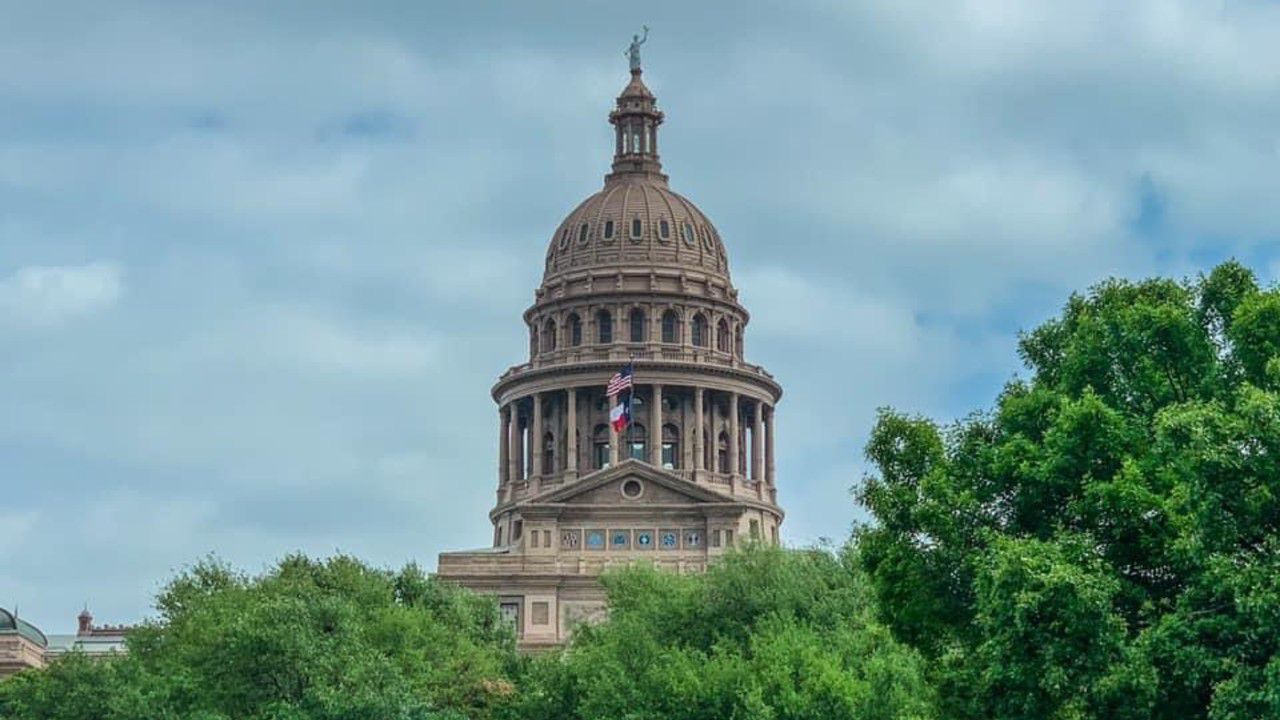AUSTIN, Texas — A new survey shows an overwhelming number of obstetricians and gynecologists have been negatively impacted by the Texas ban on abortions.
The Texas Medical Board adopted new rules this year that protect doctors who perform abortions for ectopic pregnancies from criminal charges. It was part of an effort to clarify the state’s abortion laws, but many doctors say it wasn’t enough.
Houston OB/GYN Dr. Todd Ivey is part of a new study from Manatt Health that found 71% of OB/GYNs say Texas’ abortion law had a negative impact on their practice.
“Many physicians work in large institutions and may have access to, support in, in making decisions and maintaining compliance with the law. But for, you know, rural small providers, they may not have access to that,” said Alex Morin with Manatt Health.
The group surveyed members of the American College of Obstetricians and Gynecologists, a professional membership organization for obstetrician–gynecologists, and of the nearly 500 who replied, 60% fear legal repercussions for practicing according to evidence-based medicine.
“We feel that the survey is fairly representative of the state,” said Morin.
But some doubt the study’s findings because of the exclusion of participants who are members of the American Association of Pro-Life OB/GYNS.
“It seems to me this is another skewed study coming out at an election time that seeks to paint a dire picture,” said Amy O’Donnell with Texas Alliance for Life.
Anti-abortion advocates add the survey paints an unfair picture of a health crisis.
“Where we won’t have the number of OBGYNs necessary to meet the demands of our women, while at the same time saying that we don’t have any lack of residency spots being filled,” said O’Donnell.
Spots for OB/GYN residency programs are being filled, but nationally there has been a decrease in applications to states with abortion bans, and in Texas, nearly half of the counties already don’t have OBGYN providers.
“I’m really concerned that women are going to have trouble accessing basic gynecologic and obstetric care, meaning are they going to be able to get their pap smears when they need it? Are they going to be able to get their breast cancer screening?” said Ivey.
Ivey’s patients are the reason he stays in Texas while his colleagues leave or retire.
“The women of Texas deserve good quality, evidence-based care in obstetrics and gynecology,” he said.
The study is avalible online through Manatt Health.













